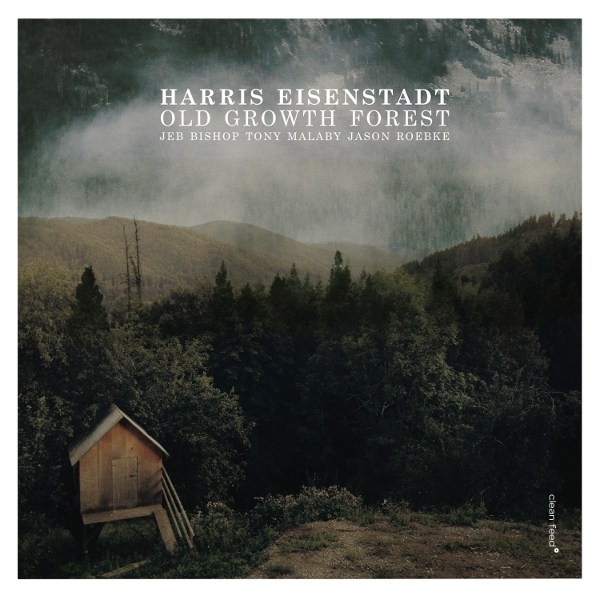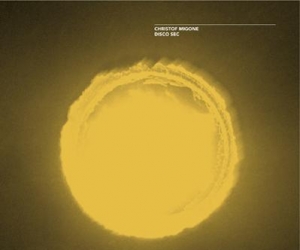
Away from his patriotically named band Canada Day, Toronto-born, Brooklyn-based drummer Harris Eisenstadt convenes a quartet to deal sturdily with his compositions, naming the band after a Canadian national resource—Trees. Trombonist Jeb Bishop, bassist Jason Roebke, and tenor saxophonist Tony Malaby are likely conservationists, but all—especially the first two—play with enough lumberjack brawniness that it appears they could fell an entire old-growth forest with slide or bow motions. Recorded the day after a concert, the recording captures the four players fused like wood glue, with Roebke’s string chops setting the pace; Eisenstadt’s multidirectional rattles used like logger’s protective gear, nudging the others along the right path without injury; and Bishop’s and Malaby’s contrapuntal sound distribution as balanced as two workers must be on either side of a chainsaw.
Most markedly, none of these eight tracks lumber. And some, such as “Cedar” and “Redwood” suggest that those tree species can move at a bouncy pace. As the trombone’s guttural blasts and the saxophone’s skeletal reed-bites speed up, they furrow rhythmic grooves in the species’ trunks. Other tunes, such as “Spruce,” are more abstract, with plunger trombone chaws and rattling reed chirps becoming musical woodpeckers or termites, battering or infesting tree trunks, gradually stripping away the bark to figuratively expose unforeseen sonic patterns. Throughout, however, Eisenstadt’s pacing is as solid and moored as the roots of any mature tree. He keeps each improvisation sufficiently grounded.
The CD reaches a climax with its penultimate track, “Big Basin” (another redwood). With tailgate trombone smears, screechy saxophone vibrations, woody thumps from the bass, and rooted pacing from the drums all stacked up like newly cut lumber, the quartet blends individual improvisational language into the sturdiness expected from long-established woodlots.



